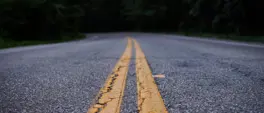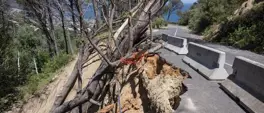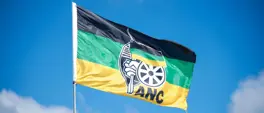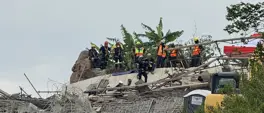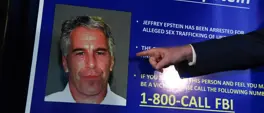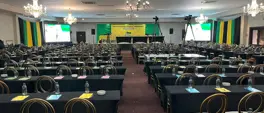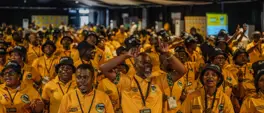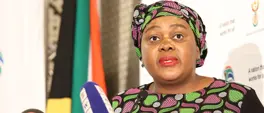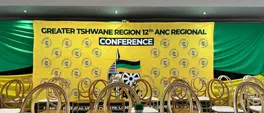'Never underestimate the competition', says Masters canoe champ Visser
Palesa Manaleng
14 August 2023 | 13:54Chris Visser won a bronze medal in the K1 and struck gold in the K2 with his partner, Colin Simpkins, the secretary-general of Canoeing South Africa.
JOHANNESBURG - South Africa’s canoe athlete Chris Visser bought home two medals from the ICF Masters Canoe Marathon World Championships in Vejen, Denmark.
Visser won a bronze medal in the K1 and struck gold in the K2 with his partner, Colin Simpkins, the secretary-general of Canoeing South Africa.
A K1 is a racing-level kayak used on flat water such as deep rivers and lakes. They are long and narrow to reduce drag, making them extremely unstable while a K2 is an inflatable kayak with a self-bailing floor designed specifically for white water.
Talking to Eyewitness News Visser said competing alone, the pressures are just the same as in so many other sports.
“When competing in K2 with a partner, the same pressures exist, and there are additional pressures, which depend on whether you are sitting in the front of the boat or in the back. Sitting in front, you are responsible for race strategy and tactics. Your partner in the back may not agree with your decisions, and you have to manage your partner's expectations. You also have to judge your partner's remaining strength and endurance, and be sure.”
Team SA was represented by a seven-man Masters team that raced in nine races: three K2s (doubles) events and six K1s (singles). To date, Visser has competed in 7 World Championships.
“I have learned that when competing in the older age categories, never underestimate the competition. The competition may look just as old and decrepit as me, but invariably they were national or world champions in their younger days. Many of them have coached world champions and could teach me a lot.”
Visser began his started his canoeing journey as a young child when his father bought a canoe for the family to use on holidays. As a young boy, he would use it to explore the rivers around Nature's Valley and Plettenberg Bay. Later at university, a group of friends introduced him to touring kayaking and competitive kayaking.
“I'm faced with a wide choice of races coming up in South Africa and abroad. Every weekend I have to choose between exciting races in different places. I suppose my next big challenge is next year's World Championships in Metkovic, Croatia. I hope to improve on my performance by maintaining my current level of fitness right through the year until that event in September 2024.”
On the development of the sport he said in SA as in the rest of the world, canoeing greatness is often a multi-generational phenomenon. Skills, motivation and passion are passed from one generation to the next.
“In South Africa, we need to foster the multi-generational aspect. Canoe clubs, races and activities need to remain family-friendly. From the oldest to the youngest need to feel welcome and motivated. Canoeing South Africa has put a great deal of commendable effort and expense into the development of canoeing in black communities. Canoeing will only become ingrained in black society when the next generation follows their parents.”
South Africa has produced some great world champions in marathon kayaking, downriver kayaking, and ocean racing, as well as other canoeing disciplines, including non-competitive disciplines.
“We have been at the forefront of the exploration of all the rivers in the world. We also have a greater depth of talent than any other country. Our influence stems from these strengths. Africans are global leaders in the production of all types of canoes and kayaks and have been responsible for many changes in craft design which have gained global acceptance.”
Get the whole picture 💡
Take a look at the topic timeline for all related articles.
